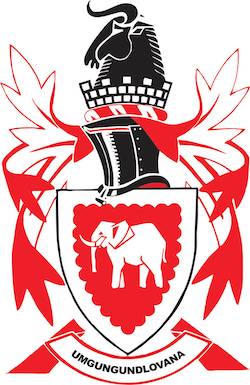BY 2035, UMVOTI SHALL BE A MUNICIPALITY WHICH
...embraces rural development, economic growth, sustainability, social cohesion and a people centred society.

SPEAKER OF COUNCIL
Cllr. R.N. Ngubane is the convenor of Council meetings. Offical contact details: 033 413 9198 / speaker@umvoti.gov.za
more info
HIS WORSHIP, THE MAYOR
Cllr GZ Malembe is the head of local government in Umvoti. Official contact details: 033 413 9111 / mayor@umvoti.gov.za
more info
DEPUTY MAYOR
Cllr MR Dlamini performs the mayor's duties if he is not available. Official contact details: 033 413 9198 / deputymayor@umvoti.gov.za
more info
MUNICIPAL MANAGER
Ms NP Ndaba is the Head of Administration and the Accounting Officer of the municipality. Official contact details: 033 413 9100 / mm@umvoti.gov.za
more info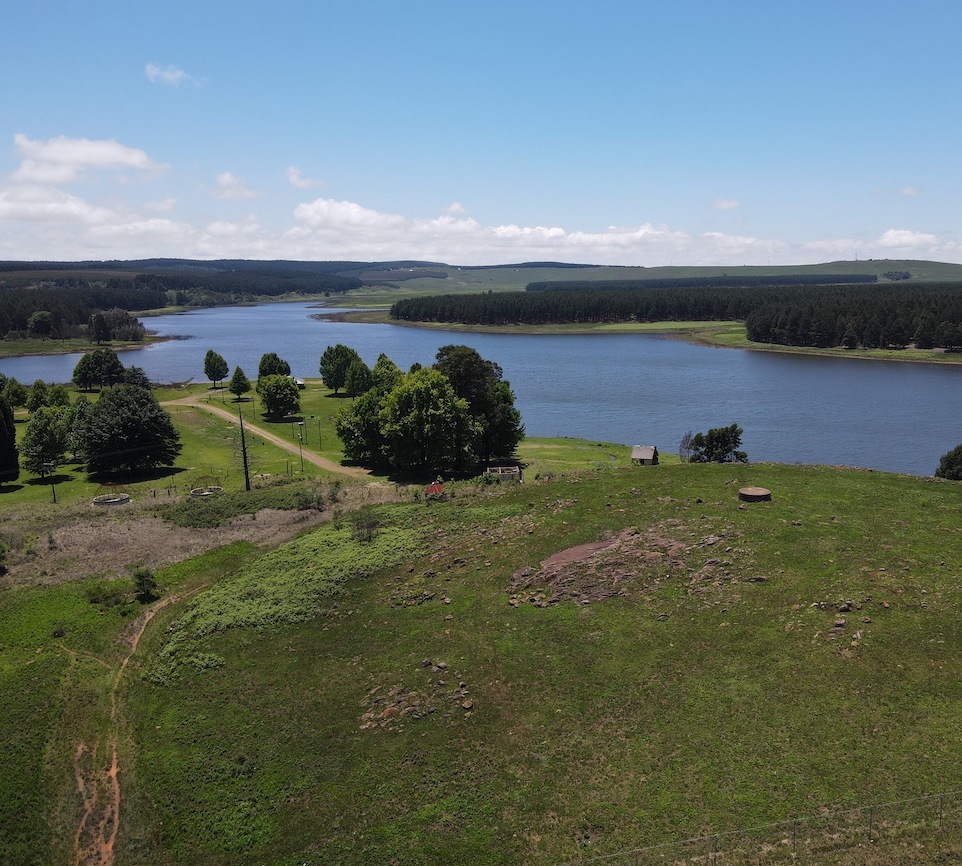
VISIT UMVOTI
Greytown is a picturesque town situated in the Battlefields region of KwaZulu-Natal about 80km north east of Pietermaritzburg.
PLACES OF INTEREST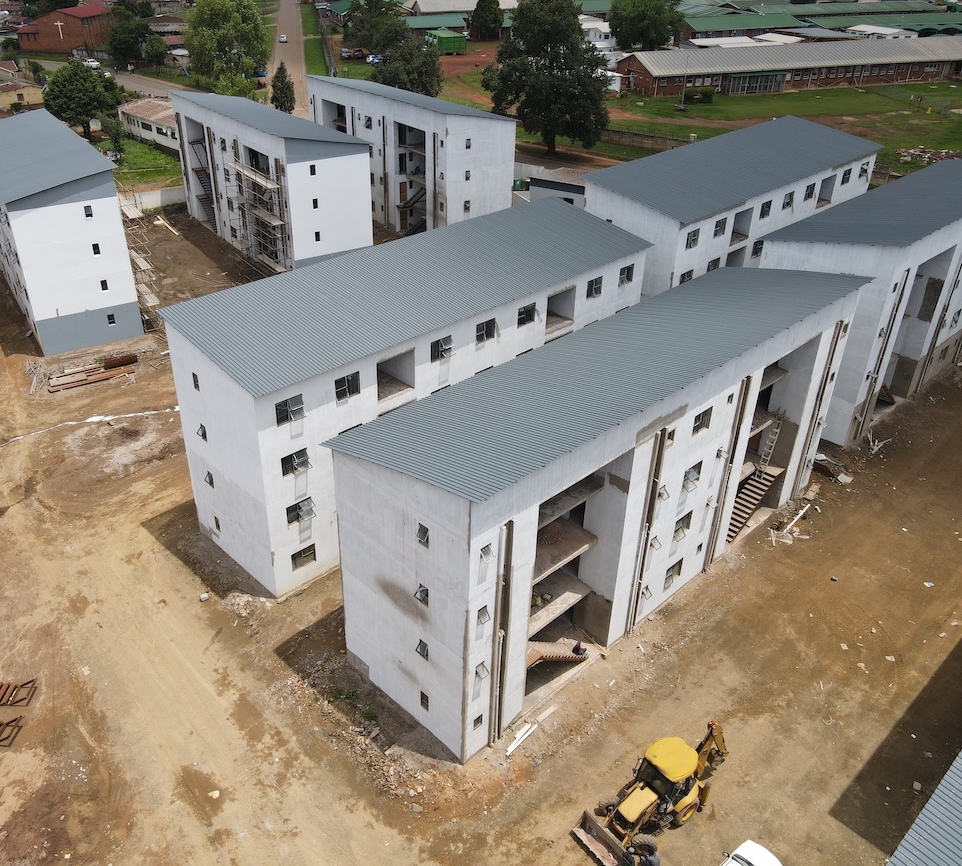
LIVE IN UMVOTI
Surrounded by tall trees and manicured lawns it’s the perfect place to be at one with nature.
SETTLE AT UMVOTI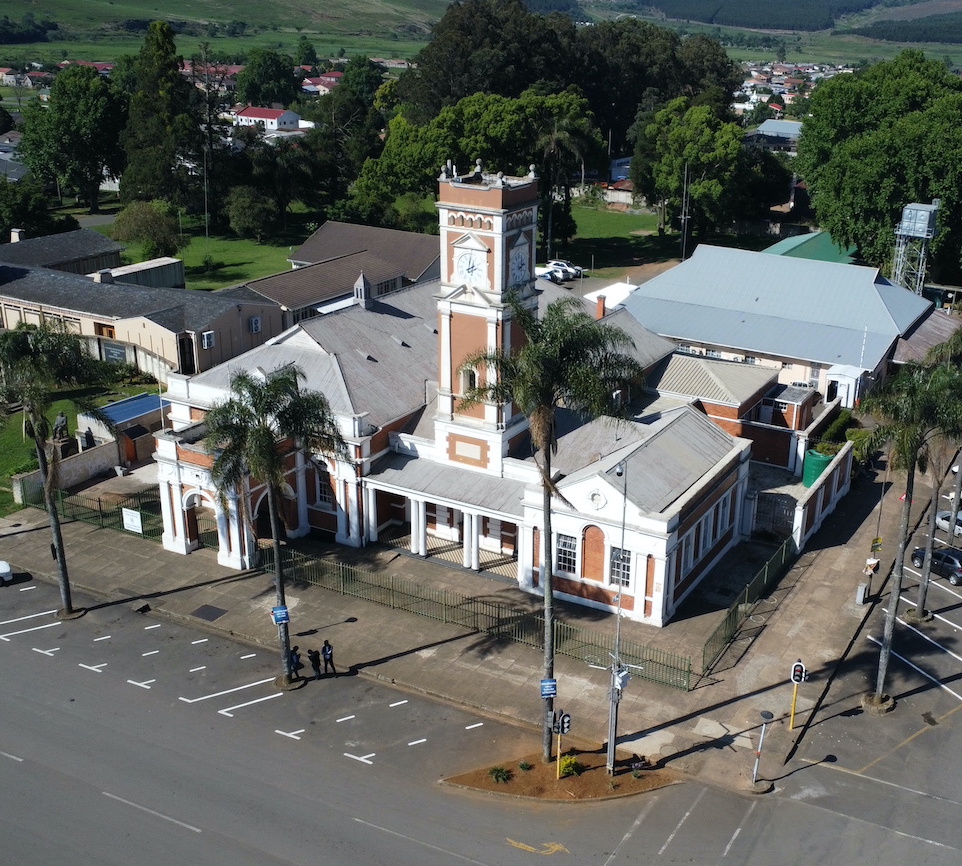
INVEST IN UMVOTI
The manufacturing sector is the second largest contribution to the local economy.
OPPORTUNITIES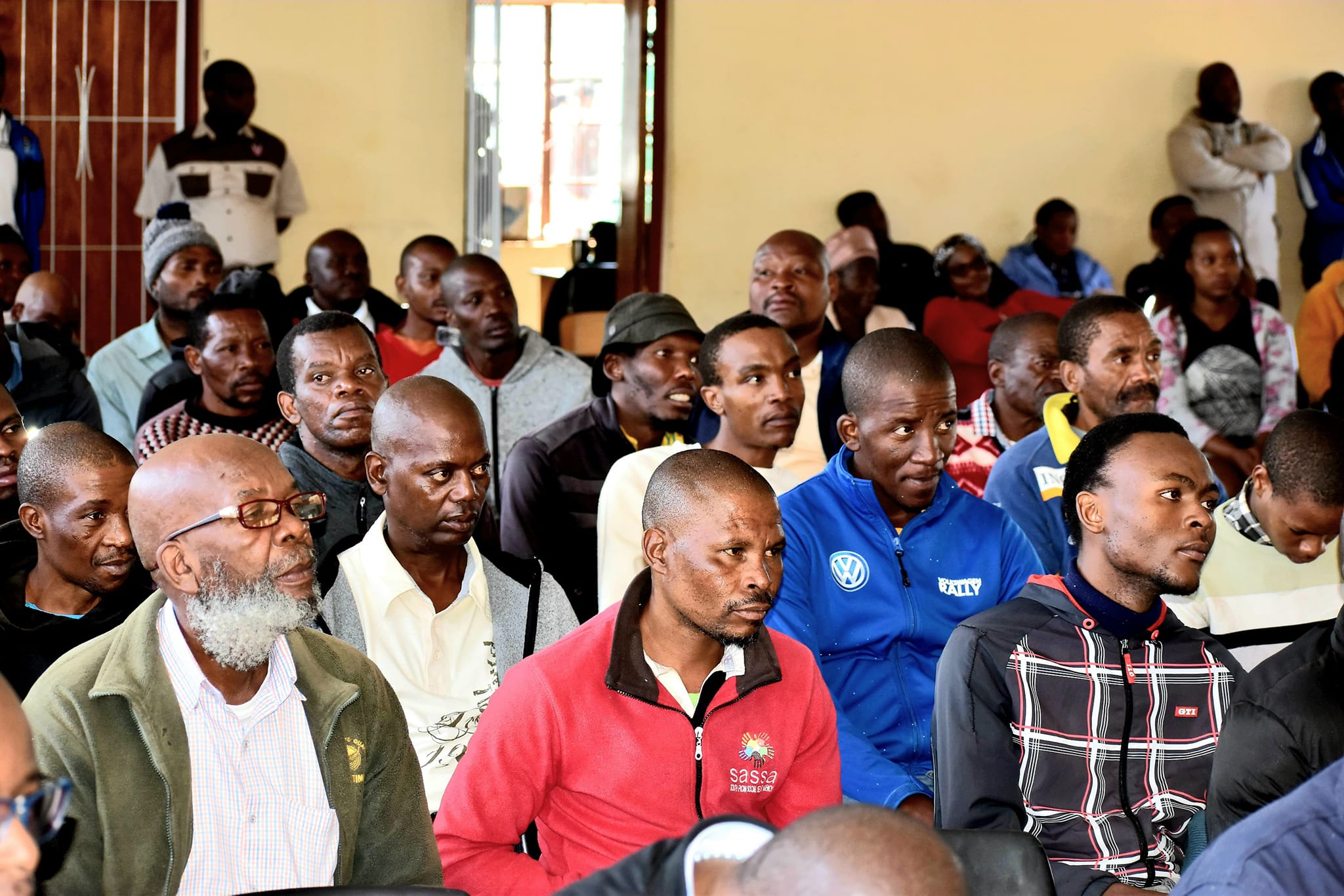
IDP
The IDP is a five-year plan required to determine the development needs of the municipality. The projects within the IDP are also linked to the municipality’s budget. The municipality operates in a constantly changing environment, hence the IDP is reviewed annually.
IDP 2025/26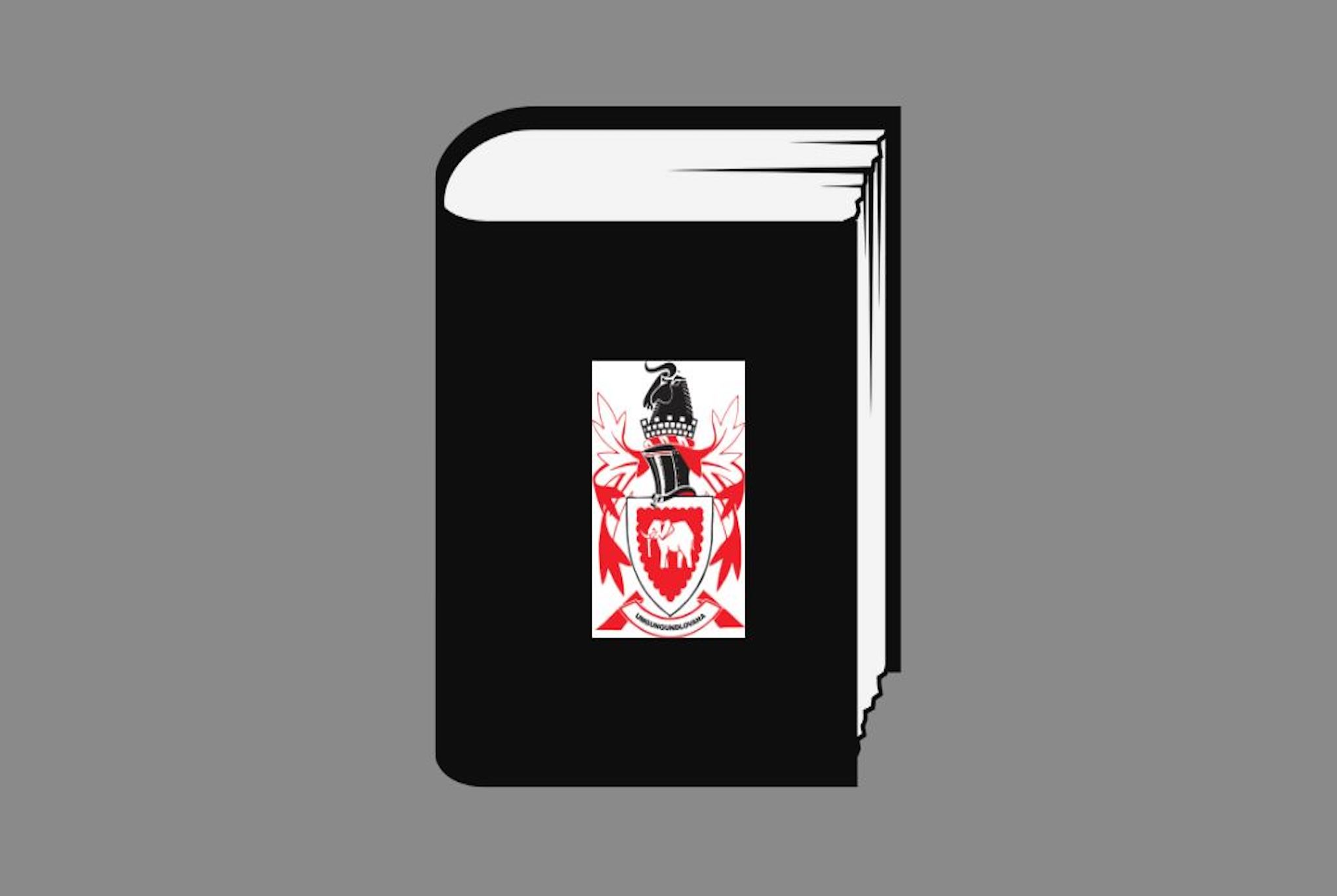
ANNUAL REPORT
The purpose of the annual report is to provide a record of the activities for that year, to report on performance against the budget of the Umvoti Municipality for the financial year reported on, and to promote accountability to the local community for the decisions made throughout the year.
ANNUAL REPORT 2023/2024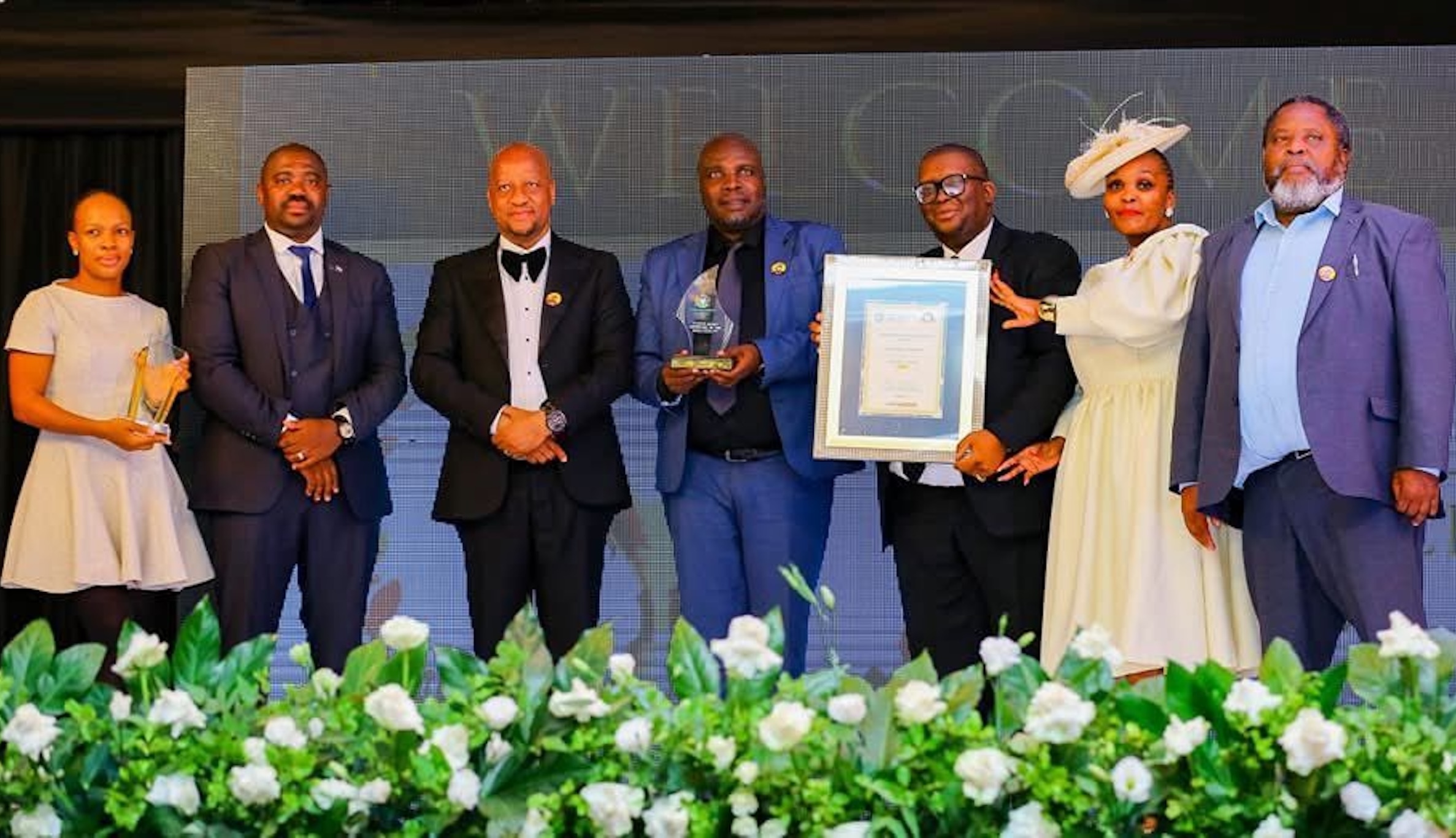
ANNUAL BUDGET
The Municipal Finance Management Act, No. 56 of 2003, Chapter 4 on Municipal Budgets, Subsection (16), states that the Council of a municipality must for each financial year approve an annual budget for the municipality before the commencement of that financial year.
BUDGET 2025/26WE'RE HIRING
Please note that all applications for vacancies must be accompanied by an official Umvoti Municipality Application Form.
Tenders & Quotations
The municipality’s Supply Chain Management (SCM) department manages the supply and acquisition of various goods and services to or on behalf of the municipality.
DO BUSINESS WITH UMVOTI
Public Notices
Committed to keeping you informed about scheduled meetings, upcoming events, changes in services, and more. etc etc etc etc etce etc
GET THE LATEST NOTICES
Documents
All documents with a public interest have been made available to the public by displaying them on the Umvoti municipal website. etc tec etc etc etc
ALL COMPLIANCE DOCUMENTS
PUBLIC WORKS
+27 33 413 9176
DISASTER MANAGEMENT
+27 33 413 9167
WASTE MANAGEMENT
+27 33 413 9165
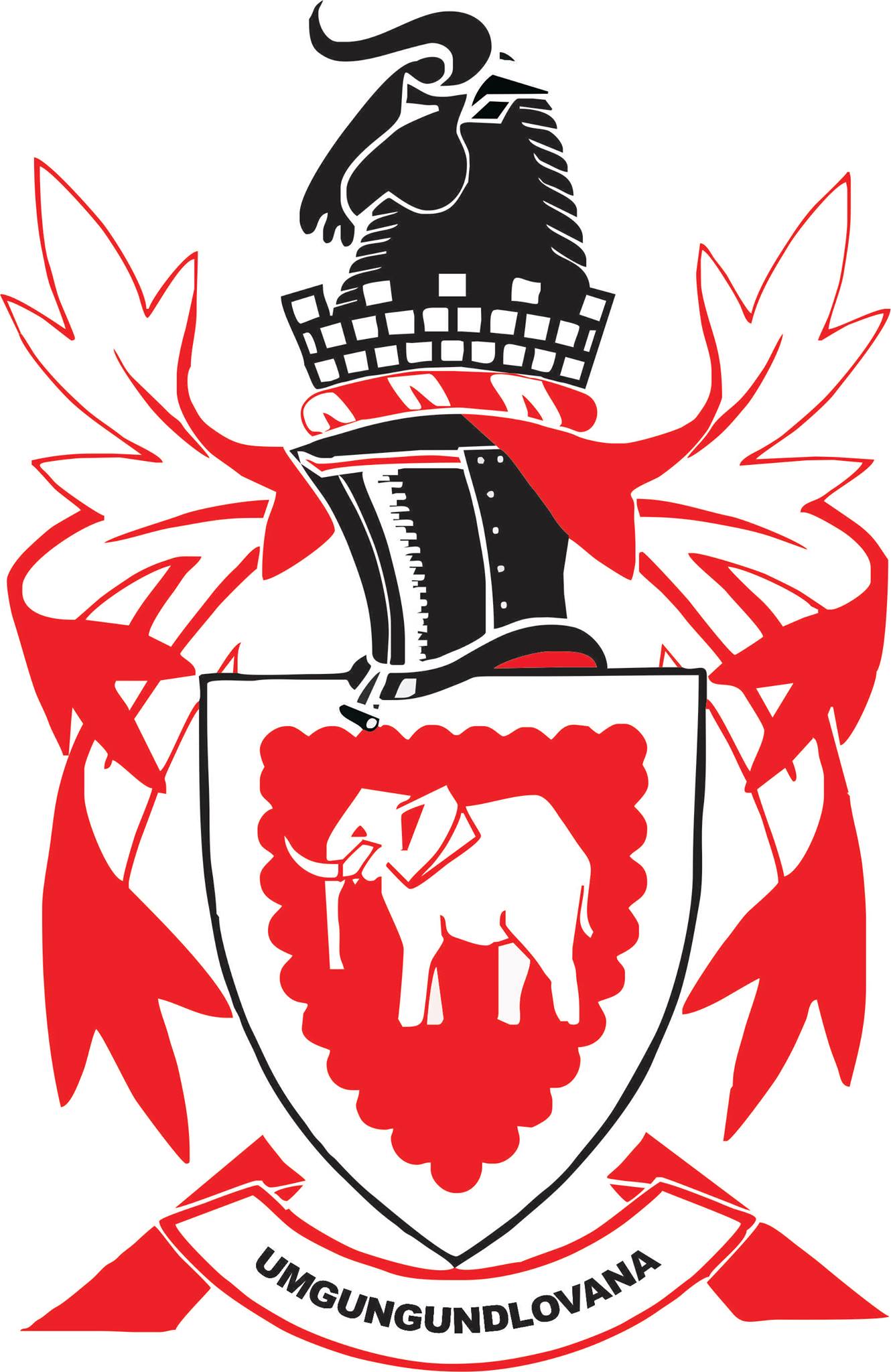
TOWN PLANNING
+27 33 413 9206
SUPPLY CHAIN MANAGEMENT
+27 33 413 9150
MUNICIPAL ENQUIRIES
+27 33 413 9156

